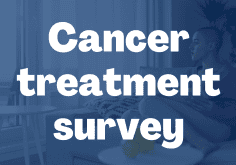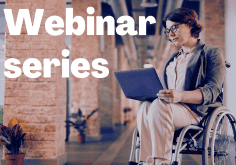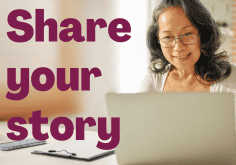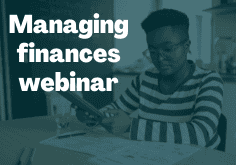Volunteers are the heart of Counterpart
What better time to reflect on the importance of our volunteers than National Volunteer Week? We are lucky enough to benefit from volunteer assistance in a range of ways: volunteers provide peer support, help at our events and activities, participate in our Counterpart Advisory Group, review resources and information, and so much more. Thank you to each and every one of you.

Peer Support Volunteers
Our service is founded on the belief that women who have experienced cancer are uniquely placed to help other women going through cancer. Our trained Peer Support Volunteers are available to talk to women diagnosed with any type of cancer who are living or being treated in Victoria.
In 2024, we have been pleased to welcome 14 new trainee Peer Support Volunteers at Counterpart. These women are the first intake to be taking part in our new online training program that consists of self-guided online modules, an in-person orientation session, an online workshop and practical training with more experienced Peer Support Volunteers.
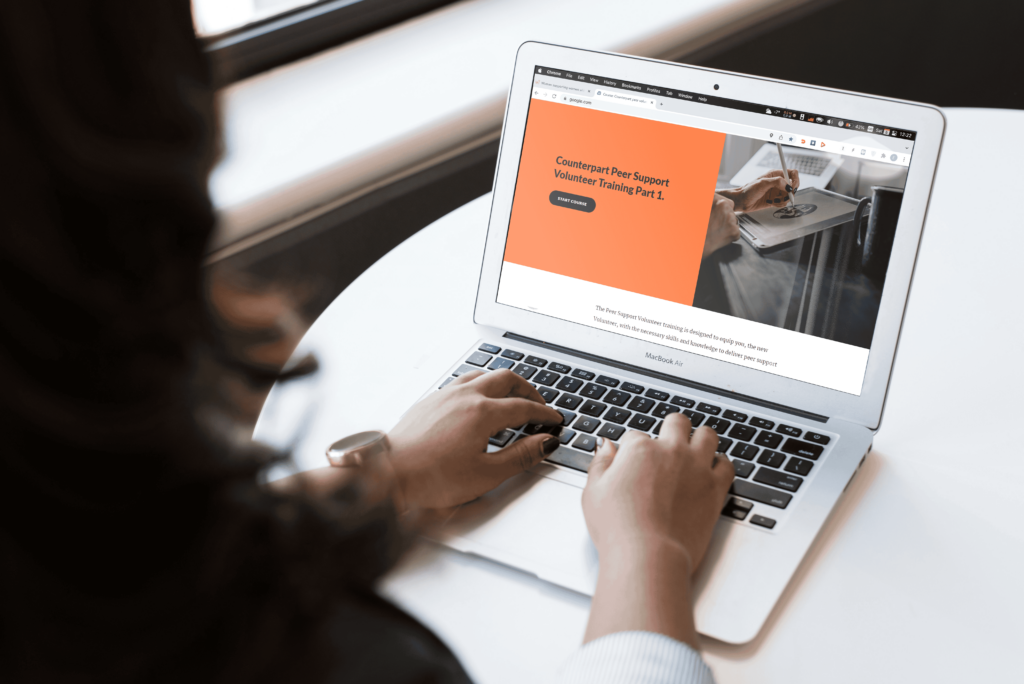
Online training and extending to regional Victoria
The new training program has taken countless hours over the last 12-months: time spent planning, developing content, uploading and reviewing. We are pleased to see that the feedback we have been given so far has been positive, and the women doing the training are finding the content engaging and the system east to use.
Using technology to assist in mentoring has also been successful. Trainee volunteers can do their on-the-job training in person at our Resource Centre or over Teams, so those who can’t make it into Melbourne can still listen to experienced volunteers provide peer support and debrief afterwards.
This new hybrid training format has meant we could include 4 volunteers from rural and regional Victoria for the first time. We are looking forward to expanding this number in future, as Counterpart develops and creates new opportunities for volunteers.
About the Peer Support Volunteer role
Counterpart Peer Support Volunteers can:
- listen without judgement to you talk about what is on your mind
- draw on their own experiences and their training to give you support or encouragement
- provide emotional support and practical advice (without ever providing medical, legal or financial advice)
- help you find reliable, evidence-based information or suggestions on where you can go for specialised assistance.
How do I become a Peer Support Volunteer
If you have experienced cancer and want to use your experience to help others, you might consider becoming a Peer Support Volunteer. You can read about the application process and training provided on our Become a Peer Support Volunteer page.
It isn’t a role for everyone. As well as having experienced a cancer diagnosis, you also need to be in the right place within yourself. This is why we generally suggest you wait at least a year between your diagnosis and becoming a Peer Support Volunteer. We are moving towards multiple intakes each year. To find out about the next one, please fill in an expression of interest form, and we will be in touch when we have the next round of applications opens.

Where can I talk to a Peer Support Volunteer?
Our volunteers can talk on the phone, or if you want to talk face-to-face, you can come into our Resource Centre in Melbourne’s CBD (although it is always worth calling first, as our volunteers often work from home).
Some volunteers also take part in our Bridge of Support program, going to the Royal Melbourne, Royal Women’s and Sunshine hospitals, and soon the Peter MacCallum Cancer Centre, to provide peer support to women undergoing treatment or attending appointments in hospital.
Fill out our online peer support request form and we can get in touch with you.
